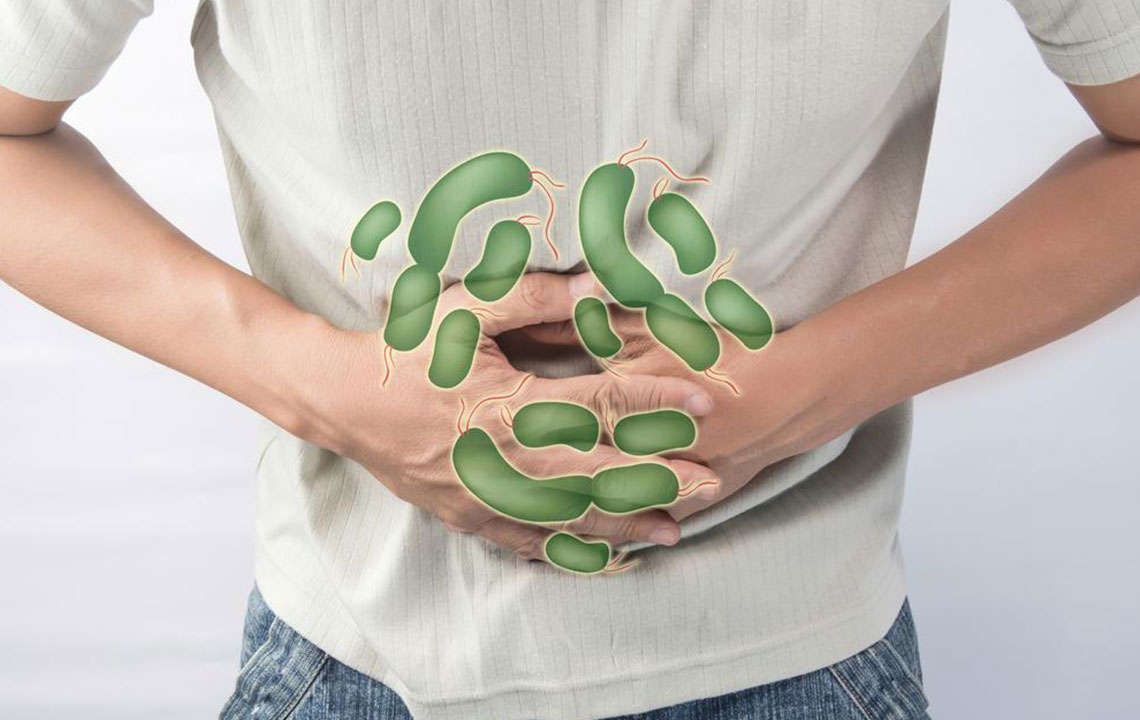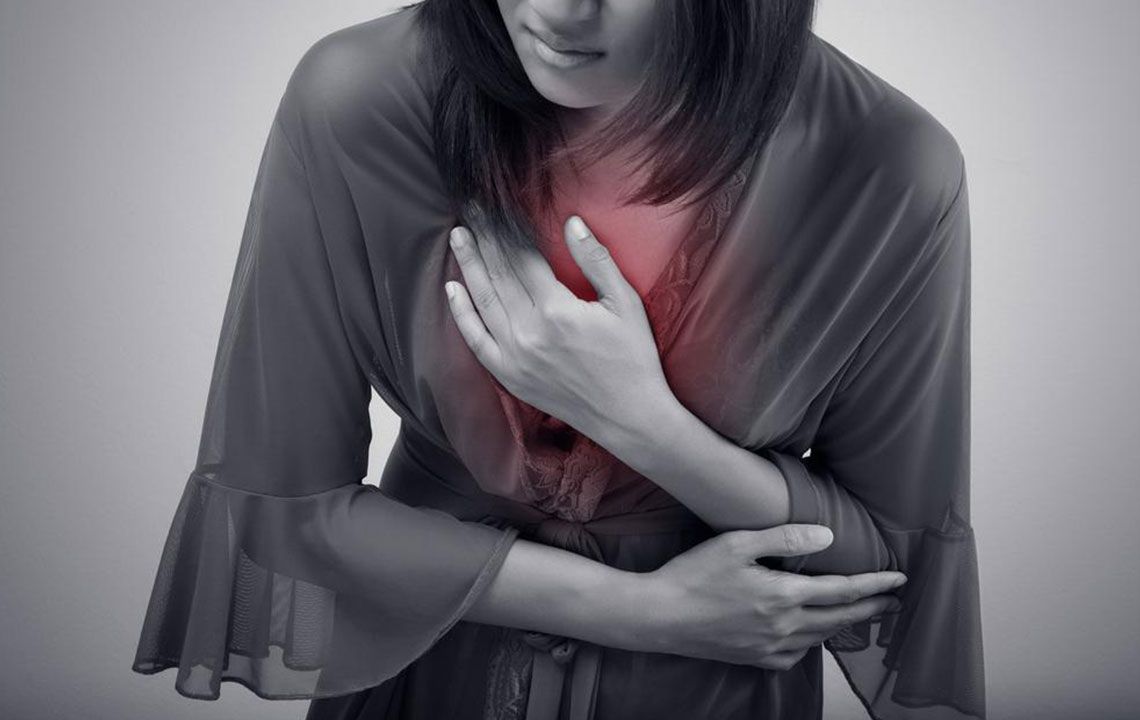Comprehensive Guide to Common Stomach Disorders: Causes, Symptoms, and Effective Remedies
This comprehensive guide explores common stomach disorders such as gastritis, peptic ulcers, and hiatal hernia, detailing their causes, symptoms, and effective treatment options. Learn how to identify early signs and seek appropriate medical help to maintain healthy digestion and prevent complications. The article emphasizes lifestyle changes and medical interventions vital for managing these conditions and improving quality of life.

Comprehensive Guide to Common Stomach Disorders: Causes, Symptoms, and Effective Remedies
The human stomach, situated between the esophagus and the small intestine, is a vital organ responsible for breaking down food and facilitating nutrient absorption. Its primary functions include temporarily storing food, mixing it with gastric acids and enzymes, and gradually passing the processed food into the intestines for further digestion. Due to its essential role, the stomach is susceptible to a variety of disorders that can disrupt digestive health and overall well-being. Understanding these common issues, their causes, symptoms, and treatment options is crucial for maintaining optimal digestive health.
Many individuals frequently experience stomach-related problems such as heartburn, indigestion, and stomach pain, which can significantly impact daily life. Recognizing the signs early and seeking appropriate treatment can prevent complications and improve quality of life.
Common Stomach Disorders and Their Effective Treatments
Gastritis: Causes, Symptoms, and Management
Gastritis refers to the inflammation of the stomach lining, which can occur suddenly (acute) or develop gradually over time (chronic). It is a common condition affecting millions worldwide. Acute gastritis tends to appear suddenly and may cause intense discomfort, while chronic gastritis can persist for months or years, often leading to longstanding stomach issues.
Research indicates that approximately 8 out of 1,000 people experience episodes of acute gastritis, whereas about 2 in 10,000 may develop chronic gastritis at some stage in their lives. Symptoms associated with gastritis include nausea, a burning sensation in the stomach, indigestion, loss of appetite, bloating, and hiccups. Some patients may also experience vomiting or abdominal tenderness. The causes of gastritis are diverse, including stress, frequent vomiting, viral and bacterial infections (notably Helicobacter pylori), excessive alcohol consumption, pernicious anemia, or autoimmune conditions affecting the stomach lining.
Effective Treatments for Gastritis
When gastritis is caused by H. pylori bacterial infection, doctors typically prescribe a combination of antibiotics along with medications that suppress stomach acid production, promoting healing of the inflamed lining.
In cases related to autoimmune conditions or pernicious anemia, vitamin B12 injections may be necessary to correct deficiencies and support recovery.
Peptic Ulcers: Symptoms and Treatment Options
Peptic ulcers are open sores that develop on the inner lining of the stomach or the upper part of the small intestine. They occur when stomach acids damage the protective mucous layer, causing erosion into deeper tissue. If untreated, ulcers may perforate the stomach wall, leading to serious health complications requiring immediate medical intervention. Common symptoms include difficulty swallowing liquids, persistent hunger pangs, fatigue, chest pain, nausea, abdominal discomfort, and vomiting. Patients undergoing radiation therapy are also at increased risk for developing ulcers.
Ulcer Management and Healing
Mild ulcers often heal without invasive procedures, but medical consultation is essential to prevent recurrence and monitor healing progress.
Treatment typically involves medications such as proton pump inhibitors or cytoprotective agents that reduce acid production and help protect the stomach lining, allowing ulcers to heal effectively.
Hiatal Hernia: Causes, Symptoms, and Management
A hiatal hernia occurs when a part of the stomach pushes upward through an opening in the diaphragm into the chest cavity. The condition can be classified into sliding hernias or paraesophageal hernias, with the latter posing a higher risk of complications like compromised blood flow to the stomach. Common symptoms include stomach bloating, a bitter or sour taste in the throat, chest discomfort, and difficulty swallowing.
Hernia Treatment Strategies
Seek immediate medical advice for proper diagnosis and treatment options.
Lifestyle modifications, such as maintaining a healthy weight, can significantly reduce stomach pressure and symptoms.
Dietary adjustments, including avoiding spicy, oily, or greasy foods, can help minimize discomfort and prevent aggravation of symptoms.
Understanding and managing these common stomach disorders can greatly enhance digestive health and overall well-being. Patients should consult healthcare professionals for accurate diagnosis and personalized treatment plans, ensuring effective management of symptoms and faster recovery.





